We always hear how making your workouts specific to fulfil a function in real life is supposedly the way forward, but is that the case?
It’s easy to get pulled into a particular training system or ‘the best way’ especially when it delivers the results you’re looking for. I remember towards the back end of my secondary school days I used to train 8 Reps Max off 2 minutes whether it was a bicep curl or a barbell squat. WHY? Because it delivered the results I wanted, I was developing lean mass, becoming stronger and more powerful, fitter and faster on the rugby pitch. At that time I never saw any reason to change because everything was just so.
Now there is evidence to support cross training and how conducting cross training sessions can significantly increase your gains, keep you away from injury and boost your all round athleticism. In any athletes mind the absolute biggest fear is picking up an injury, for most people a niggle here and there might mean a bit of discomfort at work or around the house but for an athlete it could be career changing. Although cross training is proven to reduce the risk of injury across the board in both athletes and non athletes, actually getting either one to conduct cross training on a regular basis is difficult. This is because it’s human nature to stick with what we know (and the same reason 8 Reps Max off 2 Mins was the don for me!).
I have trained athletes of different abilities, who actually had injuries before they started training, but by implementing some basic strength work and some cross training sessions it was possible to make alterations to their body composition, their resilience to fatigue (which is great for power and endurance sports) and improve their overall fitness and ability to recover from hard sessions. If you keep doing what you’ve always done, you’ll always getting what you’ve always had which seems ok, but it could be better!
At Body Planners we switch the BP: Lift plans on a monthly basis, this prevents your body becoming accustomed to a ‘set’ of exercises, and means your body will constantly be in a process of adaptation and get fitter or stronger as days, weeks and months go by. To uphold what we do in the BP: Lift sessions we run BP: 45 which is a 45 minute HIIT session. The timer and exercises in this session are constantly on the move, making your body work hard to identify the constant shifts in load, volume and intensity which delivers the cross training effect we are talking about. We also work on a one to one basis with athletes, lifting weights to make them better runners or cyclists and in recent months we are seeing how regular S&C is having a positive impact on more skill based fitness within Taekwondo.
Yes, it is good to make your workouts specific, but its more important to make them relevant. Conducting the same thing time and time again is good in some senses, because you develop a degree of muscle memory but being good is only one side of the coin. On the flip side, conducting the same movements will use the same muscles in the same way time and time again. This will allow some muscles to become really strong, and usually the supporting or opposing muscles really weak. This also often results in an overuse injury.
As I have spoken mostly about the benefits for athletes, I’m going to spin this around and talk about the general workaholic and how cross training can help them. If you are used to sitting at a desk for extended periods of time, or the wheel of a vehicle, the chest muscles become tight and strong because they’re constantly being used. As a result, the opposing muscles in the posterior chain become weak and under conditioned and you end up with the ‘hunch back’ posture. This is simply because you spend the majority of your time sat in the same position. This to me could be considered as an overuse injury. If you however started doing something that wasn’t sitting at your desk, such as lifting weights, or walking more or playing a racket sport (other hobbies are available, but anything other than sitting at the desk will help) your posture wouldn’t be as bad, because the other muscles in your body would be stronger and help maintain a better posture.
When we say cross train, we don’t necessarily mean hop from sport to sport or fad to fad. Select a few different things you like doing and give them a try. If you keep doing what you’ve always done, you’ll always get what you’ve always had.
Jake.

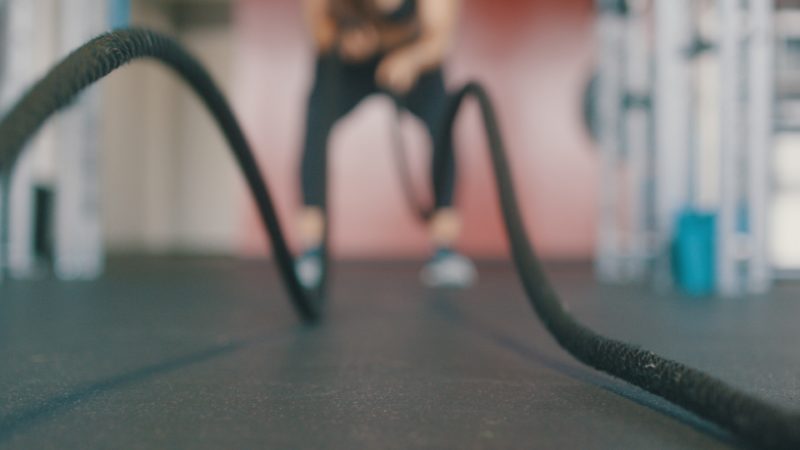
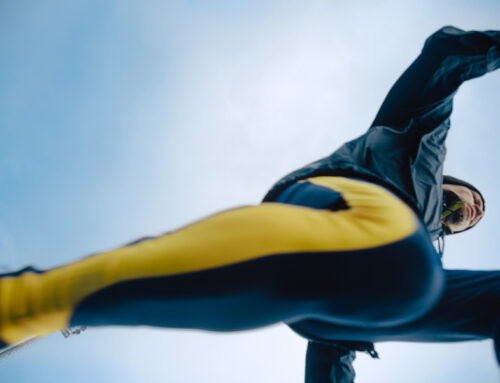

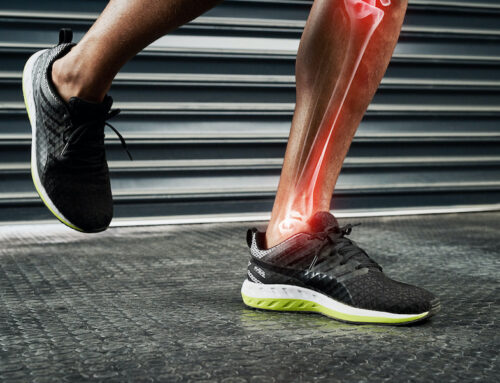

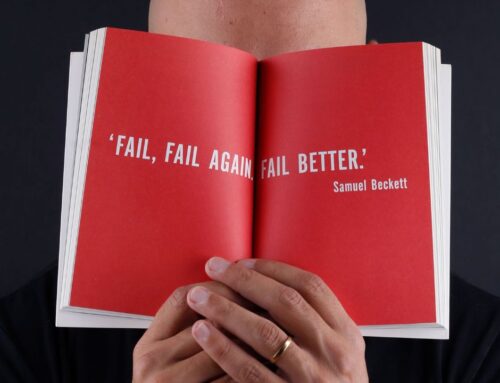
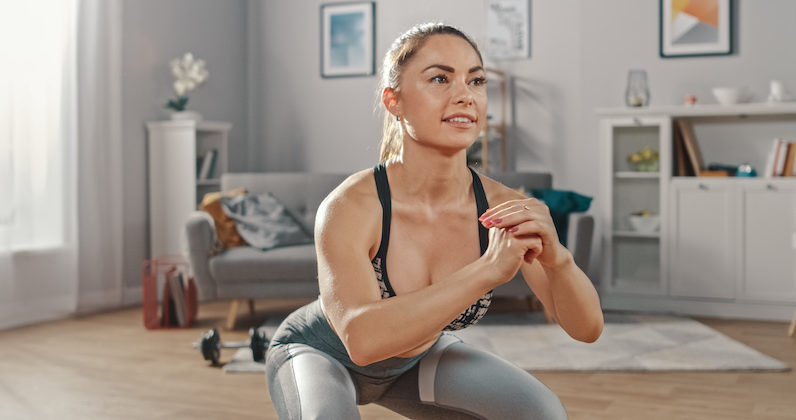 >
>

Leave a Reply